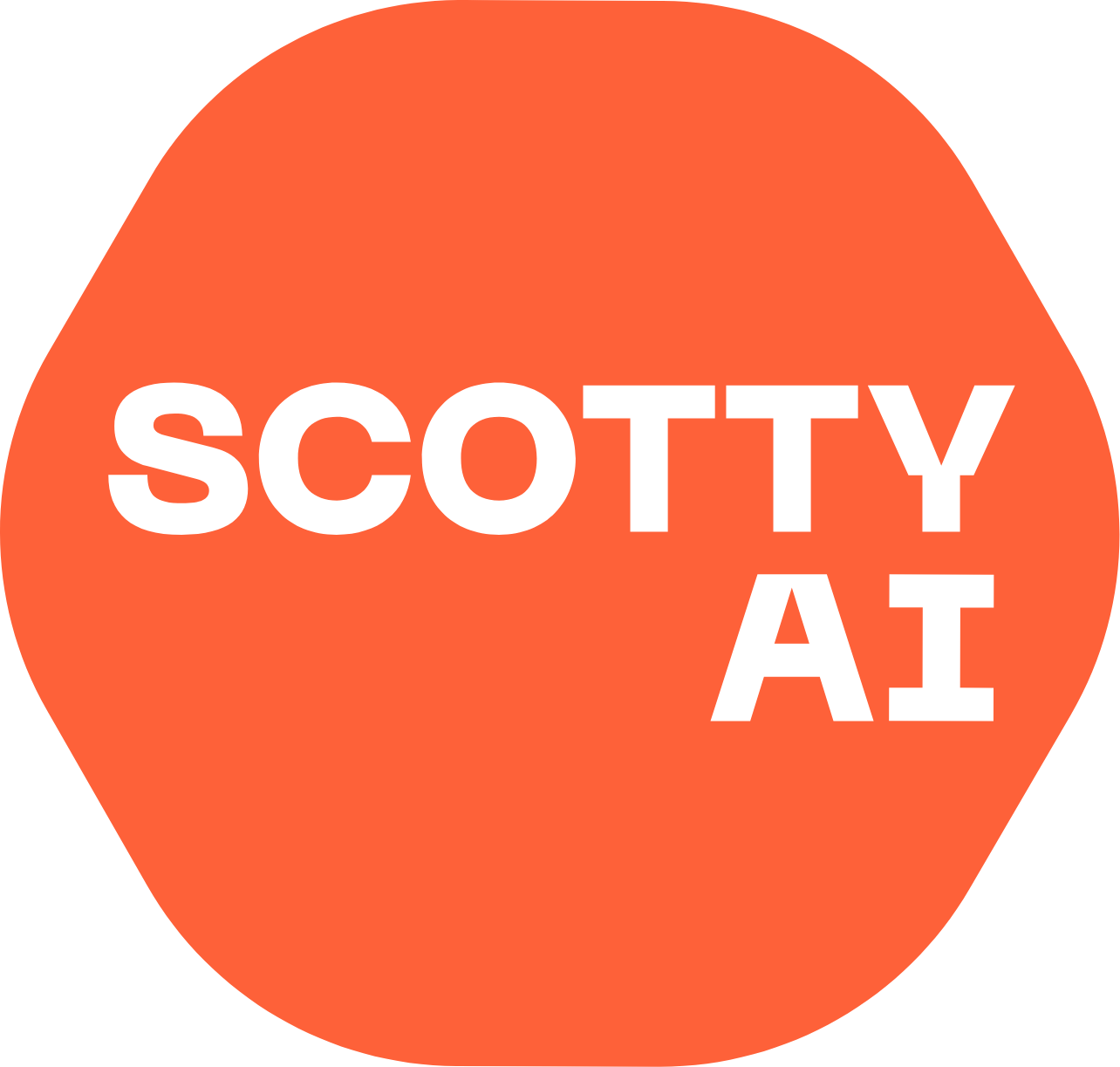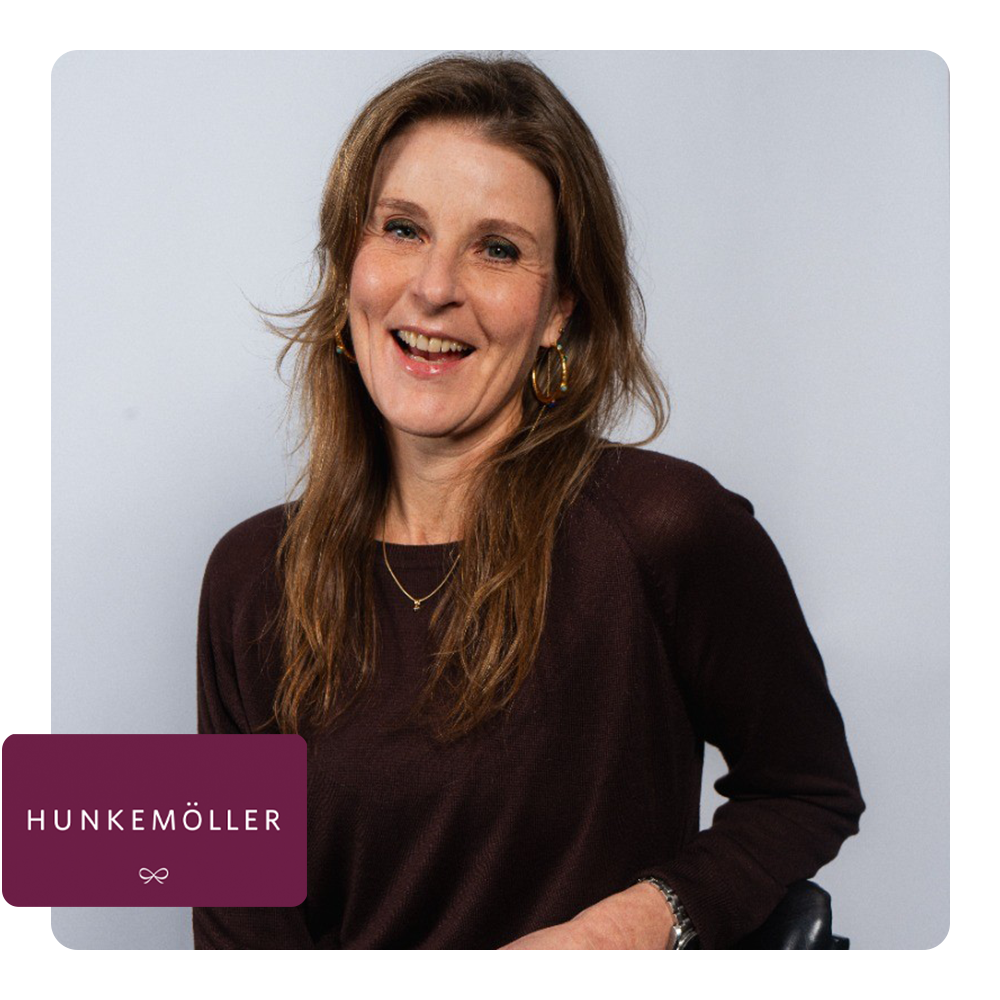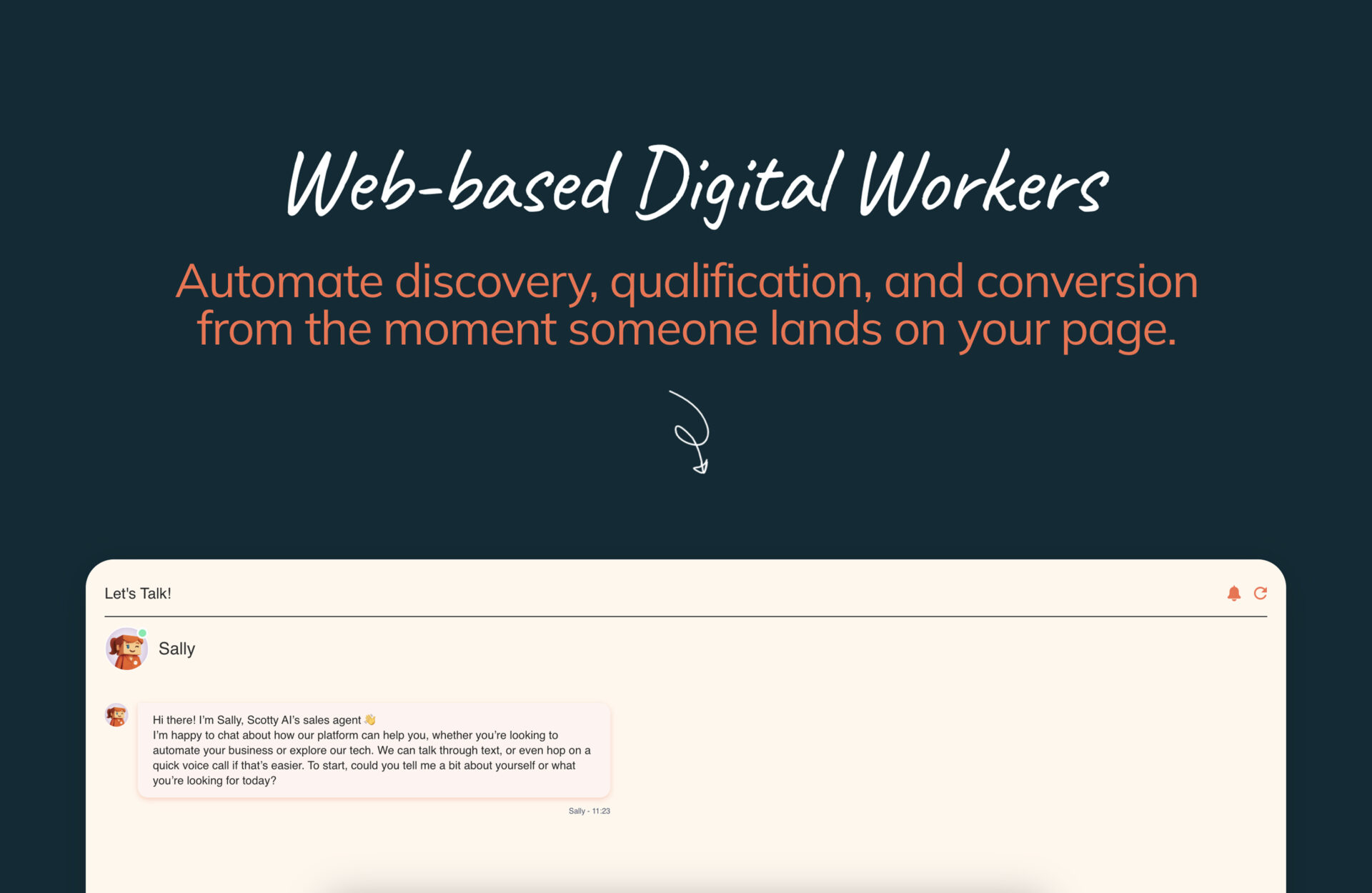This is episode two of our new interview series, recorded live at CIPD Festival of Work 2025. We partnered with Hudson RPO to ask one simple question: “How do you think AI will impact the profession?” Each episode features a different voice, and this time we’re hearing from Morgan Lobb.
Welcome to the second episode of “AI in TA: How People Think It Will Impact the Profession.” In this conversation, Hung Lee chats with Morgan Lobb, CEO & Founder of VERCIDA (an inclusive employer branding platform whose name stands for Values, Environment, Respect, Culture, Inclusion, Diversity & Accessibility), about two hot topics at once: artificial intelligence and diversity & inclusion. We’ve all felt the buzz andthe jitters around AI in talent acquisition. But what happens when you throw DE&I into the mix? Morgan’s perspective cuts through the noise with refreshing candor. In about 10 minutes of unfiltered chat, he explores the recent DE&I backlash, the promises and perils of AI for fairness in hiring, and why now is a “once-in-a-lifetime” moment to innovate (and maybe feel a bit nervous) in HR.
DE&I Whiplash: When inclusion efforts backfire
Morgan doesn’t shy away from the thorny topic of diversity fatigue. Despite being a longtime champion of workplace inclusion (his personal mission is to “achieve meritocracy through inclusive employer branding”), he openly acknowledges the recent backlash against corporate DE&I efforts. In some ways, he even agrees with the rollback. Why? Because DE&I initiatives, he argues, had started to go off track, almost “policing” language and behavior in the workplace to the point where “people started to get scared that they’re going to say the wrong thing.” There was an “insurgence of DE&I pushed into people’s lives” without proper guidance, and the result was a climate of fear and resentment rather than open dialogue. The harsh truth: when folks feel constantly at risk of being called out, good intentions can sour.
Morgan points out an uncomfortable irony: enthusiasm for diversity vanished once the majority felt personally threatened.“White people are generally very happy to wave rainbow flags and Black Lives Matter flags until it affects them,” he notes. Once some started feeling reverse-discriminated against, for example, hearing anecdotes of a less-qualified candidate getting a job “because they ticked the diversity box”, the backlash caught fire. In other words, “white folks started to feel what these [minority] groups were feeling for many years,” and they didn’t like it. The political winds in the U.S. shifted (tearing up affirmative action and other initiatives), and U.K. companies nervously followed suit. It’s a fraught situation: an incoming regime can tear up DE&I policies overnight, effectively “depowering a whole part of society that had started to emerge as having power,” as Morgan puts it. The inclusive momentum after movements like BLM and #MeToo, thousands marching shoulder-to-shoulder, suddenly met a wall of divide-and-conquer politics. “You can’t suddenly make the world less diverse,” Morgan reminds us, noting that those who rely on inclusive workplaces will need them more than ever. So, where does that leave us?
Resetting the table: Inclusion with a Business Case
According to Morgan, this backlash is actually forcing a reframe, and that could be a good thing in the long run. Diversity and inclusion efforts aren’t gone; they’re maturing. Now, DE&I needs to get “back onto the table” with a clearer purpose, proving its ROI and business case. In practice, that means moving past ideology and demonstrating tangible value. Companies must weave DE&I into core business values (hiring, development, innovation) rather than treating it as a check-the-box exercise or, worse, a corporate thought police. Morgan believes we’ll see inclusion repositioned and “start to prove its ROI”, which will earn it a permanent seat as a core business value rather than a politically vulnerable program. In plain terms: inclusion has to make business sense, not just moral sense, to survive the ups and downs of public opinion. And importantly, true inclusion benefits everyone. After all, meritocracy is the goal, the best person for the job should win, no matter their background. Morgan hopes that refocusing on performance and fairness will quiet the noise and let DE&I initiatives do what they were meant to do: create a level playing field where everyone gets a fair shot.
AI: Leveler or Divider in Hiring?
So how does artificial intelligence play into all this? Hung Lee and Morgan delve into the double-edged nature of AI when it comes to equal opportunity. On one hand, AI could be a great leveler. The technology can be an equal-access supercharger, helping candidates upskill quickly, practice interviews, or communicate in a second language more confidently. (One early study Hung mentions showed AI tools helping non-native speakers write in fluent business English, a clear boon for inclusion.) Automation can also remove human bias at certain stages, theoretically focusing only on qualifications. Used wisely, AI might broaden the talent pool and make hiring more fair and accessible.
But Morgan is quick to caution that there’s a darker side, too. Yes, AI has benefits, but there’s another side to that story, he warns. A drive for efficiency could easily lead companies to deploy AI in ways that unintentionally discriminate or exclude. For example, AI-driven screening algorithms might be trained on biased historical data, quietly filtering out candidates from underrepresented groups. Or consider which jobs are most likely to be automated: many front-line roles (think entry-level or routine jobs) are disproportionately held by people from marginalized communities. If those roles are the first to be “eaten” by AI, a whole cohort of workers could see their traditional pathways into employment shrink. The result? A wider gap between the “in” group and the “out” group. Morgan paints a stark picture: if we’re not careful, AI could exacerbate inequality in hiring rather than fix it. An AI that screens resumes purely for technical keywords, for instance, might overlook non-traditional candidates who could excel if given a chance.
The digital divide is another concern.
“Over two billion people across the world don’t even have access to the internet,”
Morgan points out, meaning a huge portion of the global talent pool is nowhere near the AI revolution. Even among those online, not everyone can afford the latest tech or high-speed broadband to leverage advanced digital tools. Without deliberate efforts to make AI tools widely accessible, the risk is that those with resources and tech savvy will extend their lead, leaving everyone else even further behind. Hung invokes a bit of sci-fi imagery to underscore this: nobody wants to end up in an “Eloi vs. Morlocks” world (a nod to H.G. Wells’ Time Machine dystopia of stratified societies) where the AI-haves thrive and the have-nots get left in the dust. It’s in everyone’s interest, they agree, to ensure the benefits of AI in recruiting are distributed as widely as possible across geographies, communities, and demographics. That means ethical guardrails in our AI systems and conscious effort by companies to monitor outcomes. Morgan’s take-home point: AI is a powerful tool, but human oversight is crucial to keep it fair. Use AI to augment your hiring process, not to create new barriers. Keep meritocracy front and center and remember that algorithms need tuning by humans to stay unbiased.
Buzz, fear, and the Future of Work
Despite the serious topics, the mood at the Festival of Work was anything but doom and gloom. Morgan describes a “real buzz” at the conference. With the economy in a bit of a lull, people are rethinking business as usual, and the result is an explosion of creativity and new tech. Dozens of startups and vendors at CIPD were showing off tools and ideas that, a year ago, might have sounded like science fiction.
“Technologies that are now starting to come into the forefront are things we couldn’t have even imagined a year ago,”
Morgan marvels. Sure, not every new player will survive the next two years, but the experimentation is exhilarating. It’s a special moment in history for HR and TA, and those at the conference could feel it. It’s like we’re witnessing a wave of innovation that you only see once in a lifetime, and being part of it is quite special, Morgan says.
At the same time, anxiety hung in the air, and that’s completely normal. When “AI is coming on the scene” so fast, it’s okay to feel “a little discombobulation”, as Hung puts it. Whether you’re a recruiter, HRBP, or sourcer, everyone is wondering, “Is AI coming for my job?” Morgan openly admits “there is a genuine fear out there… we’re all worried… is it going to come for me?” This frank acknowledgment actually brought relief; it’s not just you feeling uncertain. We’re all in the same boat, figuring out what these vast changes mean for our careers. But the message from our duo is ultimately optimistic: don’t let the fear paralyze you. In fact, use it as a push to grow. Getting shoved out of your comfort zone isn’t fun, but it’s how you learn, Morgan notes. The key is to lean into the change rather than resist it. As Hung highlights, events like the Festival of Work are invaluable for this reason, they let the community come together to share intelligence, ask the tough questions, and support each other. Grab those brochures, demo those new tools, talk to that AI vendor (ahem, like Sally 😉). The more you educate yourself, the less scary the unknown becomes.
Morgan’s conversation with Hung is a reminder that whether we’re talking about diversity or automation, change isn’t easy. Progress often comes with backlash and uncertainty. But by having candid discussions, even uncomfortable ones, and keeping an open mind, we can navigate the new landscape in a way that lifts everyone up. We may not all share the exact same views on DE&I or AI (Morgan’s opinions are his own, and they may spark debate), but engaging with them is how we advance the dialogue. Love it or loathe it, AI is here, and it’s shaking things up. The real question is: will we harness it to drive positive change in our industry, or let fear and inertia hold us back? From what we’ve seen at CIPD 2025, the choice is ours, and there’s a community of bold HR innovators (like Morgan, Hung, and so many others) leading the way.



